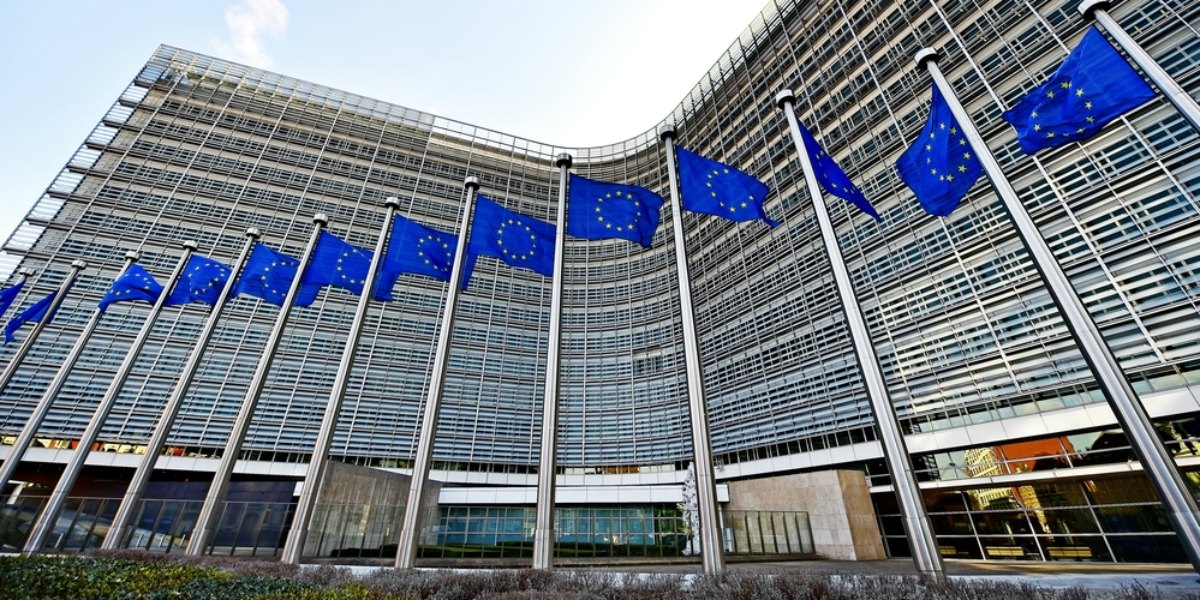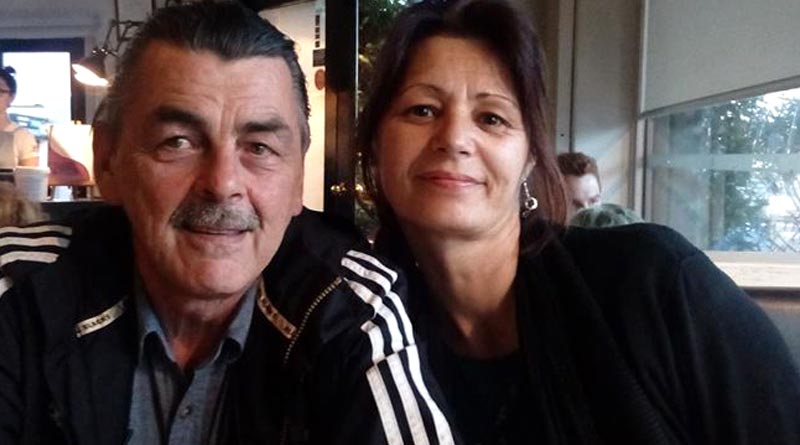DEVICE SAFETY
European health ministers fight to postpone medical device safety laws
Europe has been urged to extend the grandfathering period for medical devices to avert the threat to patients.
German and Irish health ministers are leading calls for key elements of new European safety laws on medical devices to be effectively postponed, arguing that a lack of readiness among regulators risks creating shortages of vital implants and surgical equipment.
Legislation on the licensing and monitoring of medical devices was passed in 2017 and is due to come into effect in May next year. But many health ministers now believe that Europe’s complex, part-privatized regulatory regime — which they were unwilling to scrap — has failed to prepare itself for the new set of rules.

“We don’t want bottlenecks in the provision of [medical] devices for patients in May,” Germany’s Jens Spahn told a summit of health ministers on Friday of last week. “We’ve only got a year until [the new laws] enter into effect… We would encourage the commission to bring in a corrigendum [correction to the legislation],” he said. “I think we should definitely move forward as quickly as we can.”
He called for an existing grandfathering clause in the legislation — which effectively allows many existing medical devices to stay outside the new rules until 2024 — to be expanded to other products and extended to an even later expiry date.
Spahn pointed out that only two private certification firms, known as “notified bodies,” had been cleared to process medical device safety licenses within the European Union (EU). This was too few to meet demand, he argued. “Let’s have a longer grace period for certain products,” he said. “Otherwise, patients might be hit hard because certain devices might not be available.”
Calls for yet another delay come more than a decade after the European Commission first identified an urgent need to reform medical device safety regulations. In a 2008 consultation paper, it criticized notified bodies and said: “a strengthening of the whole legal framework” was required.
However, proposals put forward by the commission at that time — centered around the idea of a centralized, EU-run medical device regulator, similar to the European Medicines Agency — were opposed, both by industry lobby groups and by many EU member states.
As a result, the commission instead developed EU legislation that continued to rely on notified bodies that competed with one another to review and certify devices, receiving payments direct from manufacturers.
As part of its Implant Files investigation, the International Consortium of Investigative Journalists carried out a detailed study of how EU medical device legislation was developed and found draft rules had been dramatically reshaped under the weight of aggressive lobbying by device manufacturers and misleading, industry-funded research.
On Friday, Irish health minister Simon Harris echoed the concerns raised by Spahn about the readiness of notified bodies. “It’s important that we are honest with each other and assess the state of readiness,” he told his EU counterparts. “Almost as big a public safety risk as a lack of regulation is the ineffective implementation of regulations, where you could end up actually creating an impression that something is effectively operationalized only to find out later that it is not.”
A joint German and Irish statement received strong support from others at the summit. Bulgarian health minister Kiril Ananiev said the “timeline set … is not realistic.” Belgian representative Jan Hoogmartens agreed. “We can’t continue to assume that the whole process is on track for timely implementation,” he said.
But Vytenis Andriukaitis, European commissioner for health, rejected claims that regulators would not be ready by May. He estimated that 20 notified bodies would be authorized to process medical device licenses — known as “CE marks” — by the end of 2019. “May 2020 is a realistic and achievable deadline,” he insisted.
Andriukaitis was speaking on behalf of his colleague EU industry commissioner Elżbieta Bieńkowska, who has chief responsibility for medical device regulation. In total, there are about 20 commission staff working on this regulation.
In the United States, 1,800 staff work for the Center for Device and Radiological Health, the department within the Food and Drug Administration responsible for medical device regulation. Meanwhile, the European Medicines Agency, which regulates drugs in Europe but not devices, employs almost 900 people.
Responding to health ministers’ calls for a delay, Carl Heneghan, professor of evidence-based medicine at Oxford University in the U.K., said the prospect of disruption and regulatory failure were unsurprising. He has repeatedly argued that EU’s new safety laws are overly complex and will not serve patients well.
“Considering the grandfathering of device legislation [may] be extended suggests we need a fundamental rethink of who is actually in charge when it comes to devices. As it stands, it seems not to be the regulators,” he said.
“With no one really in charge, delays in the system are highly foreseeable, and we are likely to see further disruptive issues.”
In a statement to ICIJ, a EU commission spokesperson said: “[We are] focusing all efforts and resources on the timely implementation of the [medical device regulation]. Conditions and timelines for such implementation were decided by the European Parliament and [member states] based on thorough analyses and discussions.”
Concerns raised by European health ministers comes after months of lobbying pressure from the medical device industry, including notified body companies, warning of a lack of readiness. Ministers from Ireland and Germany will have been well-briefed by powerful industry groups in their respective countries. Both nations have large numbers of workers employed in the device industry and are among the top exporters, globally.
The largest pan-European industry trade group, MedTech Europe has said it is “deeply concerned” about a lack of preparation for the new rules, which, it argues, “puts at risk the continued supply of lifesaving and life-enhancing technologies.”
It blames the failure to prepare on the commission, which, it says, has not set out necessary regulatory guidelines and infrastructure in time. The commission, meanwhile, insists any late rush will have been caused by the industry’s failure to plan for change.
Speaking at an industry conference after the health ministers’ summit, Basil Akra, vice-president for medical devices at German notified body TÜV SÜD, was reportedly “very skeptical” about European Commission claims that 20 notified bodies would be ready to process medical device licenses by the end of this year. Even though TÜV SÜD is one of the two notified bodies to have been approved to certify devices under the new safety laws, Akra has repeatedly warned of a lack of preparedness for the new rules.
“We are definitely expecting chaotic years,” he told Reuters this month.


